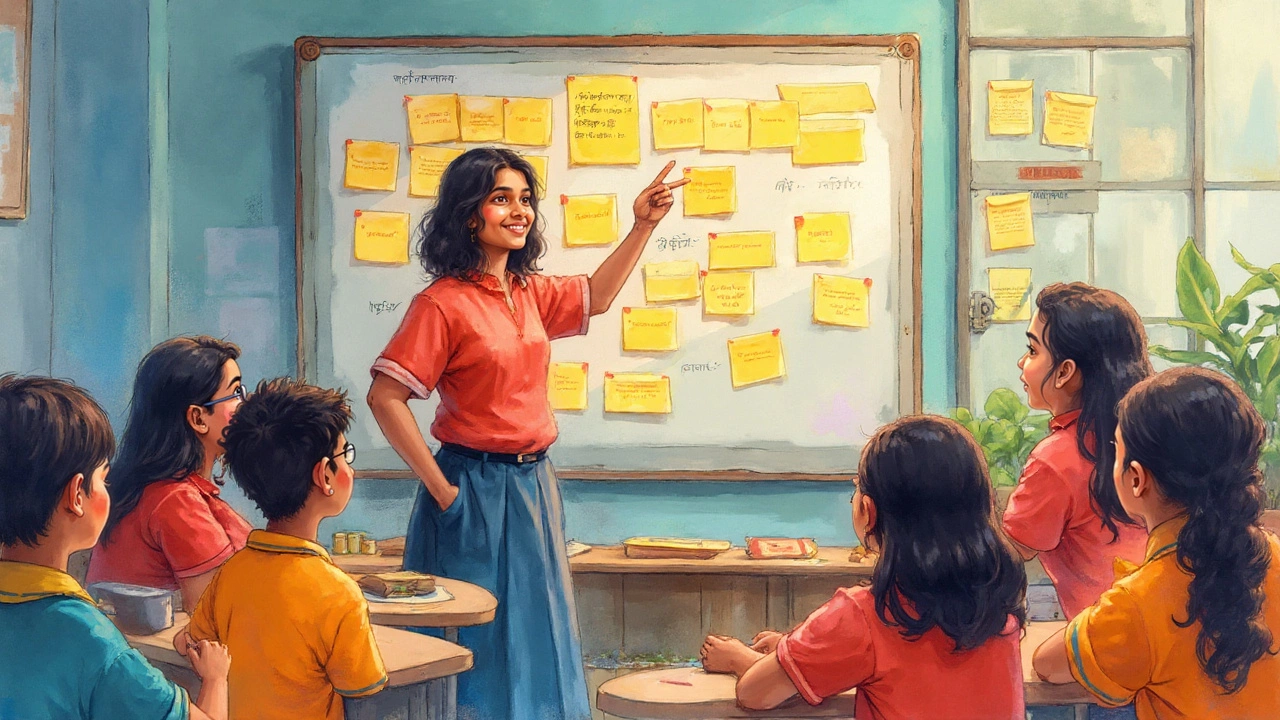Coding Basics: Your Gateway to Programming Mastery
When diving into Coding Basics, the core ideas behind writing computer instructions and reading existing code. Also known as programming fundamentals, it shapes everything from simple scripts to complex apps. Self‑taught programming, learning to code without formal classes is a popular path because it lets you practice at your own pace. coding basics encompasses self‑taught programming, making the first step feel achievable.
Key Building Blocks You’ll Need
Every beginner must grapple with programming languages, the syntax and rules that let computers understand your commands. Languages like Python, JavaScript, and C++ each serve different purposes, but they share fundamental concepts such as variables, loops, and functions. Understanding these concepts is a prerequisite; coding challenges, practice problems designed to test your grasp of concepts require that knowledge. Coding basics requires knowledge of programming languages, and mastering them fuels success in challenges.
When you hit a stumbling block, it’s often a specific coding challenge, a task that highlights gaps in logic or syntax. These hurdles are not setbacks; they are signposts showing where to focus your learning. Tackling challenges improves problem‑solving muscles and reinforces the patterns you read in tutorials. Coding basics influences how quickly you can solve these challenges, creating a feedback loop that accelerates growth.
Today’s learners benefit from a wealth of online coding resources, websites, video courses, and interactive platforms that teach and test code. Platforms such as freeCodeCamp, Codecademy, and Coursera combine video lessons with instant code editors, letting you apply concepts right away. These tools align with coding basics by providing structured pathways and instant feedback, which shortens the time between learning and applying.
Beyond personal projects, many exams now include coding sections. Competitive exams like the UPSC or engineering entrance tests often feature coding assessments, short problem‑solving questions that gauge programming aptitude. Preparing for these assessments starts with a solid grasp of coding basics, then adds timed practice to improve speed and accuracy. The link between foundational knowledge and exam performance is direct: stronger basics lead to better scores.
The collection below reflects this holistic view. You’ll find articles on self‑taught routes, deep dives into specific programming languages, strategies for overcoming coding challenges, and reviews of the best online platforms. Each piece offers actionable steps, real‑world examples, and clear next actions that you can apply immediately. Whether you’re just typing “print(‘Hello’)” or aiming for a certification, the resources here map a clear path forward.
Ready to explore? Browse the articles to discover practical tips, resources, and proven methods that turn coding basics into real competence. The journey from curiosity to confidence begins with the right foundation, and these posts give you exactly that.
Unlock coding with an easy guide to the 7 steps of programming—from identifying problems to debugging. Solid tips for beginners. Walk through each step clearly.
